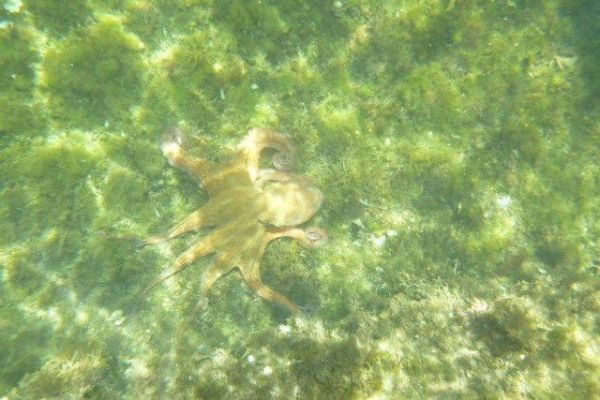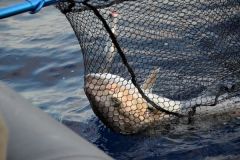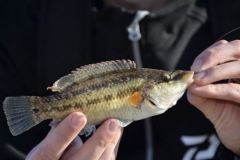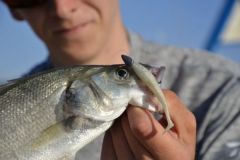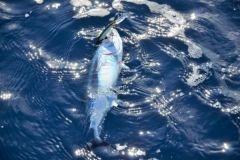The endangered octopus
While this may seem ridiculous to fishermen on the Atlantic coast, who haven't really known what to do with their octopus for some time now, the octopus population is steadily declining around the Mediterranean, as many fishermen have noticed. Scientists sounded the alarm in the early 2010s, calling for a total ban on octopus harvesting during the summer season in the Provence-Alpes-Côte d'Azur region, a request that was rejected and resulted in a rather partial regulation.
On September 6, 2016, a prefectoral decree regulated recreational octopus fishing in certain areas. From 1 er from June 1st to September 30th each year, recreational fishing for octopus (Octopus Vulgaris) is prohibited in Port-Cros and the entire adjacent marine area (from La Garde to Ramatuelle), as well as in the Parc des Calanques on the Bouches-du-Rhône side.
It should be noted that the increasing scarcity of octopus is a problem that is also beginning to be taken into account within the Mayotte marine protected area, located in the Indian Ocean.
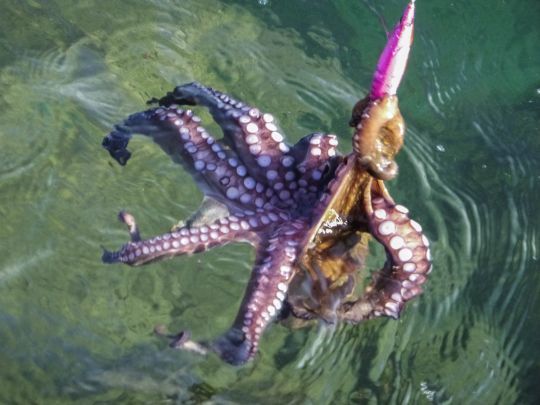
Legal catch size set at 750 grams
Despite a legal catch size of 750 grams for two species of octopus (Octopus Vulgaris and Eledone cirrhosa), Mediterranean octopus are becoming increasingly rare. Short life expectancy and death after the single reproduction period, combined with harvesting by professional fishermen, underwater hunters and recreational anglers, leave little chance for this critically endangered species. Too many octopuses that don't make the cut are harvested every year, with the excuse that the small ones are the best to eat, which greatly endangers a species that is already in a bad way.
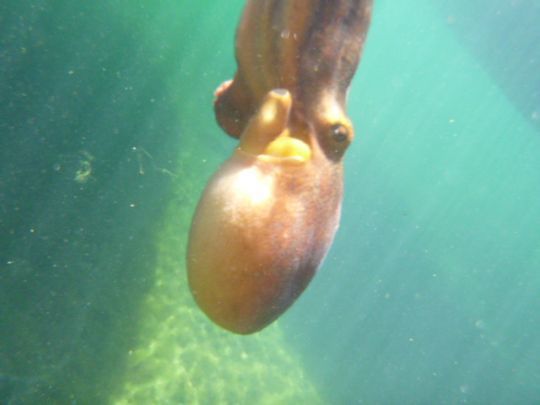
Helping to preserve the species
If we still want to have the chance to see this majestic and intelligent cephalopod evolve in the Mediterranean, it's up to every fisherman and sea user to respect the regulations in force and do everything in their power to try and preserve the species.
